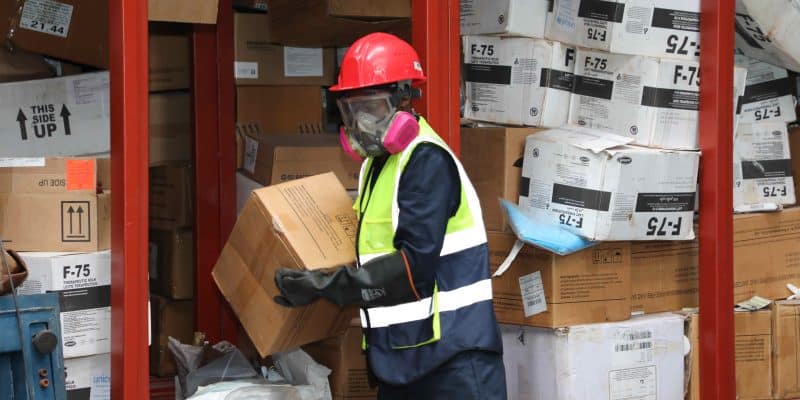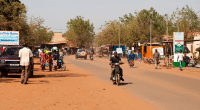Between 2022 and 2027, the Rwanda Environment Management Authority (Rema) will implement the "Hazardous Waste Management Project" in Rwanda. The project, which will be funded with US$7 million from the Global Environment Facility (GEF), aims to protect human and environmental health.
In Rwanda, the government is multiplying initiatives to achieve carbon neutrality by 2050. It is within this framework that the Rwanda Environment Management Authority (REMA), in collaboration with the United Nations Development Programme (UNDP), recently launched the “Hazardous Waste Management Project”. The initiative, funded by the Global Environment Facility (GEF) to the tune of US$7 million, will help preserve the environment and the health of approximately 300,000 Rwandan residents, 50% of whom are women.
When dumped in nature, this hazardous waste causes landscape degradation. The chemical compounds they contain also cause serious poisoning that can go up the food chain to humans.
Avoiding 24.5 giga tonnes equivalent emissions in 5 years
“Currently, Rwanda is dumping 122 tonnes of polychlorinated biphenyl (PCB) oil in transformers, 250 tonnes of polychlorinated biphenyl (PCB)-contaminated soil, 3 tonnes of persistent organic pollutants (POPs) pesticides, 44 tonnes of non-persistent organic pollutants (POPs) pesticides, 35 tonnes of polybrominated diphenyl ethers (PBDEs), 1 metric tonne of mercury (Hg), and 40 tonnes of mercury-containing products in the environment,” REMA says.
Thus, the ongoing project will first inventory and understand the quantities and types of hazardous waste produced in Rwanda. Then, the “reuse, reduce, recycle and recover” approach will be popularised in industries (pharmaceutical, agricultural, oil, mining, etc.) and priority economic sectors, to ensure sound waste management. “Better disposal mechanisms for hazardous waste will be offered to both producers and consumers, creating green jobs in the collection, transport and disposal process,” says Juliet Kabera, REMA’s Director General.
Read also – RWANDA: Kigali sensitize on the sustainable management of electronic waste
Part of the GEF funding will be used to develop a legal framework for the sound management of chemicals, hazardous and toxic waste and safer alternatives.
Under the “Hazardous Waste Management Project”, several waste treatment facilities will also be set up, as well as transit stations. The stakes are high according to the Rwandan authorities. “All of the above-mentioned hazardous wastes are expected to be eliminated by the end of the project in 2027, and the elimination of these wastes will make it possible to reduce and avoid 24.5 giga tonnes of emissions equivalent,” says Rema.
Inès Magoum







